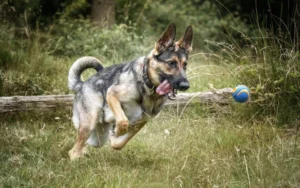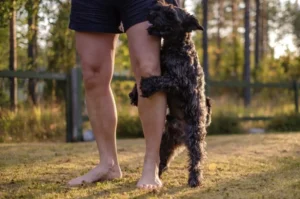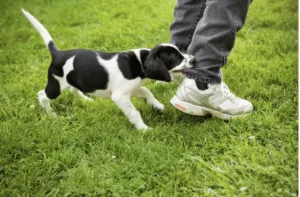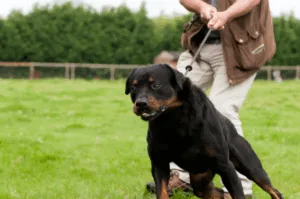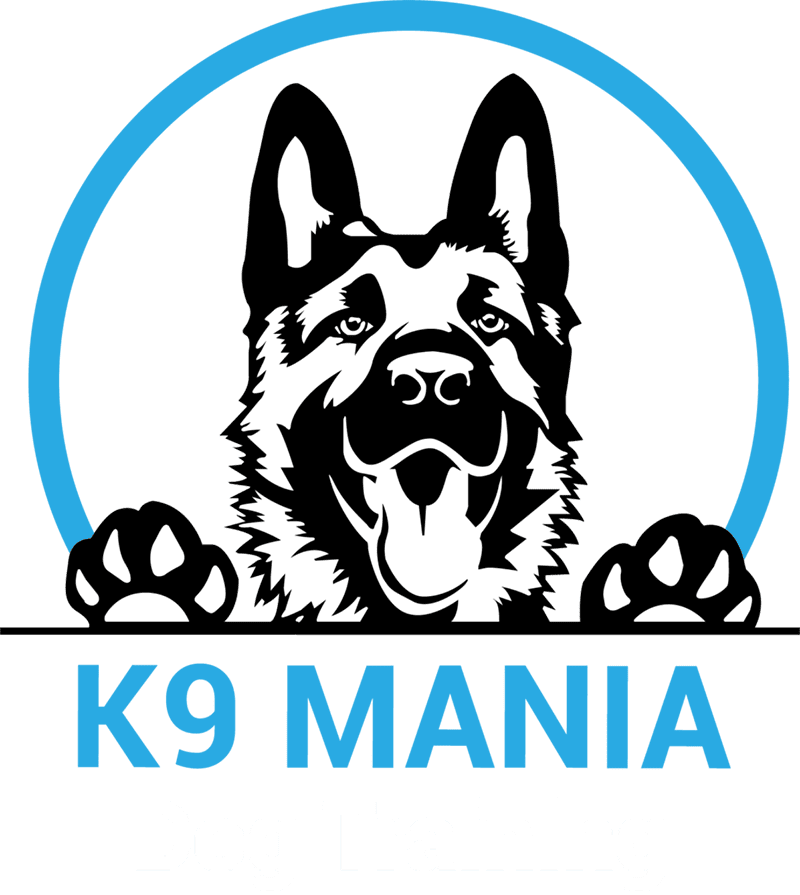Discover proven techniques to stop your dog from chewing. From understanding the reasons behind this behavior to practical tips on preventing your dog from chewing everything, learn how to create a healthier environment for your dog.
If you’re dealing with a puppy or an adult dog who seems to chew on everything in sight, you’re not alone. Many dog owners face the challenge of destructive chewing, but with the right strategies, you can redirect this behavior and save your belongings from damage. In this guide, we’ll explore why dogs chew and provide effective techniques to curb this behavior, ensuring a happier and more harmonious home for both you and your dog.
Understanding Why Dogs Chew

Chewing is a natural and essential part of a dog’s life. It helps them relieve stress, explore their surroundings, and maintain dental health. However, when this behavior turns destructive, it can be a significant concern for dog owners.
Common causes of excessive chewing include puppy teething, boredom, anxiety, insufficient training, and, sometimes, nutritional deficiencies. Recognizing the underlying reason is the first step in effectively preventing your dog from destructive chewing.
How to Stop Your Dog from Destructive Chewing
Destructive chewing can turn your peaceful home into a scene of frustration and unexpected expenses. Fortunately, multiple strategies can help you manage and redirect your dog’s chewing habits.
From simple adjustments around the house to training techniques that encourage good behavior, we’ll cover everything you need to effectively discourage unwanted chewing and promote a healthier habit for your dog.
Removing Valuable Items Out of Reach
Prevention is key when managing your dog’s chewing habits. Keep personal belongings like shoes, socks, and children’s toys out of your dog’s reach. Store these items in closed closets, elevated shelves, or behind secured doors to reduce temptation and safeguard your valuables.
Provide Adequate Chew Toys
Use Deterrents
There are non-toxic, bitter-tasting sprays available that can deter your dog from chewing on inappropriate items. Apply these to furniture, rugs, and other valuables to make them less appealing. Employing these deterrents can discourage your dog from targeting certain objects, helping to steer their chewing habits towards more suitable alternatives like their dog toys.
Increase Exercise and Mental Stimulation
Supervise and Redirect
When you catch your dog chewing on something inappropriate, firmly say “no” and immediately offer them an acceptable chew toy. If they switch their attention to the toy, give them rewards like treats. Consistent supervision and redirection can help teach them what is unsuitable for chewing.
Create a Safe Environment
If you cannot supervise your dog throughout the day, consider using confinement strategies like a dog-proof or puppy-proof room or a crate. Ensure the space is safe, comfortable, and filled with appropriate dog toys to chew on to help with preventing your dog from experiencing boredom and anxiety.
Understand the Cause
Sometimes, destructive chewing can be symptomatic of deeper issues such as separation anxiety or lack of proper training. Observing when and why your dog chews can help identify triggers and inform a more effective mitigation strategy.
If you’re struggling to manage your dog’s chewing on your own, consider enlisting the help of K9 Mania Dog Training. Our experienced trainers can provide personalized strategies and support to address the root causes of your dog’s behavior and promote healthier habits.
Seek Professional Help
If your efforts to curb destructive chewing are unsuccessful, consult a professional dog trainer or a veterinarian. They can offer guidance tailored to your dog’s needs, which might include personalized training techniques or medical solutions.
At K9 Mania Dog Training, our expert team is ready to help you with tailored solutions that cater specifically to your dog’s situation. By working together, we can develop a comprehensive plan to manage and redirect your dog’s chewing behavior effectively.
Stop Your Dog From Destructive Chewing with K9 Mania
Successfully stopping a dog from destructive chewing requires patience, understanding, and consistency. By following these steps, you can not only protect your belongings but also improve the quality of life for both you and your furry friend. Remember, each dog is unique, and finding the right combination of strategies is crucial. Stay committed to your dog’s training, and don’t hesitate to seek help when needed.
Ready to take the next step? Contact K9 Mania Dog Training today to schedule your free consultation and start your journey towards a well-behaved companion. Let us help you create a thriving environment for you and your dog!


